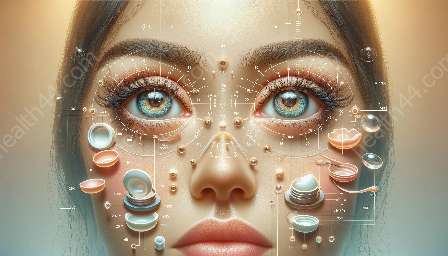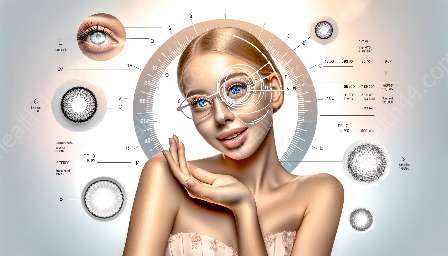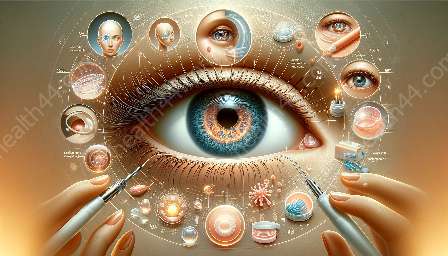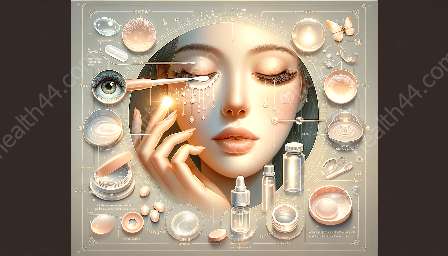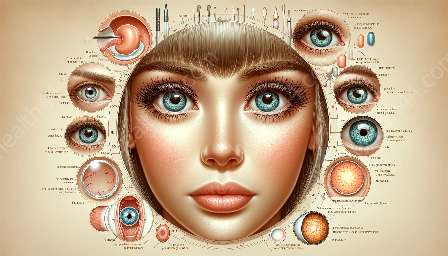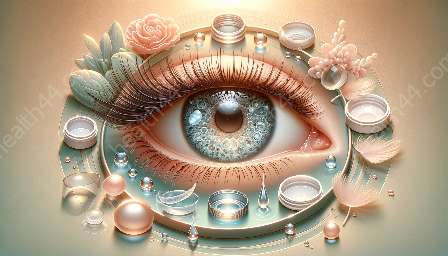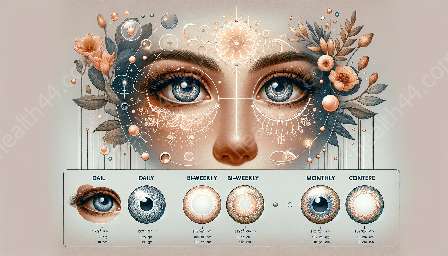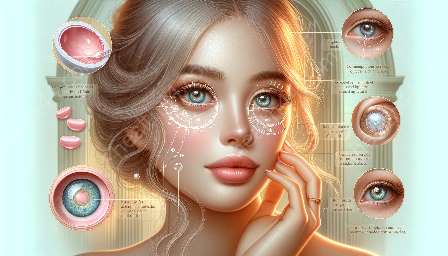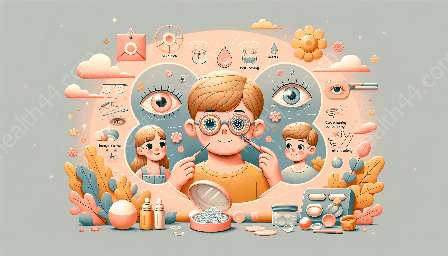Wearing contact lenses requires proper nutrition to maintain eye health and overall comfort. The right diet can influence the wearing schedule and comfort of contact lenses by supporting eye health and reducing discomfort. Understanding the connection between nutrition and contact lens wear can lead to better eye care practices and improved lens-wearing experiences.
Connections Between Nutrition and Eye Health
Proper nutrition is crucial for maintaining optimal eye health, and it can directly impact the wearing schedule and comfort of contact lenses. Nutrients such as vitamins A, C, and E, as well as omega-3 fatty acids, lutein, and zeaxanthin, play essential roles in supporting eye health. These nutrients help prevent dryness, maintain clear vision, and reduce the risk of eye infections, all of which are important for contact lens wearers.
Additionally, a diet rich in antioxidants, such as those found in fruits and vegetables, can protect the eyes from oxidative stress and inflammation. This can contribute to better lens comfort and decreased irritation while wearing contact lenses.
Influence on Contact Lens Wear Schedule
Proper nutrition can impact the wearing schedule of contact lenses by reducing the risk of certain eye conditions that may require breaks from lens wear. For example, a diet high in omega-3 fatty acids can help prevent dry eye syndrome, a common issue among contact lens wearers. By maintaining adequate tear production and reducing inflammation, omega-3s can contribute to a more consistent wearing schedule and alleviate discomfort associated with dry eyes.
Furthermore, a healthy diet that supports overall eye health can reduce the likelihood of developing infections or other complications related to contact lens wear. This may lead to fewer interruptions in the wearing schedule and a more comfortable experience for contact lens users.
Enhancing Comfort and Vision Quality
Nutrition plays a significant role in enhancing comfort and vision quality for contact lens wearers. Consuming foods rich in vitamin A, such as carrots, sweet potatoes, and leafy greens, can contribute to better night vision and overall visual acuity, which are particularly important for those who rely on contact lenses for clear vision.
Moreover, maintaining a healthy weight through proper nutrition can reduce the risk of certain eye conditions, such as keratoconus, which can affect the comfort and fit of contact lenses. By managing weight and overall health, contact lens wearers can experience improved comfort and a better fit with their lenses.
Practical Dietary Recommendations
For contact lens wearers looking to optimize their wearing schedule and comfort, incorporating certain foods and nutrients into their diet is essential. Some practical dietary recommendations include:
- Consuming omega-3 fatty acids through sources like salmon, flaxseeds, and walnuts.
- Eating a variety of colorful fruits and vegetables to obtain a broad spectrum of vitamins and antioxidants.
- Including sources of vitamin A, such as carrots, sweet potatoes, and spinach, in the daily diet.
- Maintaining a balanced and healthy diet to support overall eye health and reduce the risk of eye conditions that can impact contact lens wear.
By following these dietary guidelines, contact lens wearers can positively influence their wearing schedule and comfort, leading to a better experience with their lenses.
Conclusion
Proper nutrition plays a crucial role in influencing the wearing schedule and comfort of contact lenses. By understanding the connections between nutrition and eye health, contact lens wearers can make informed dietary choices to support optimal vision and lens-wearing experiences. Incorporating a variety of nutrients and maintaining a healthy diet can lead to improved eye comfort, enhanced vision quality, and a more consistent wearing schedule for contact lens users.




